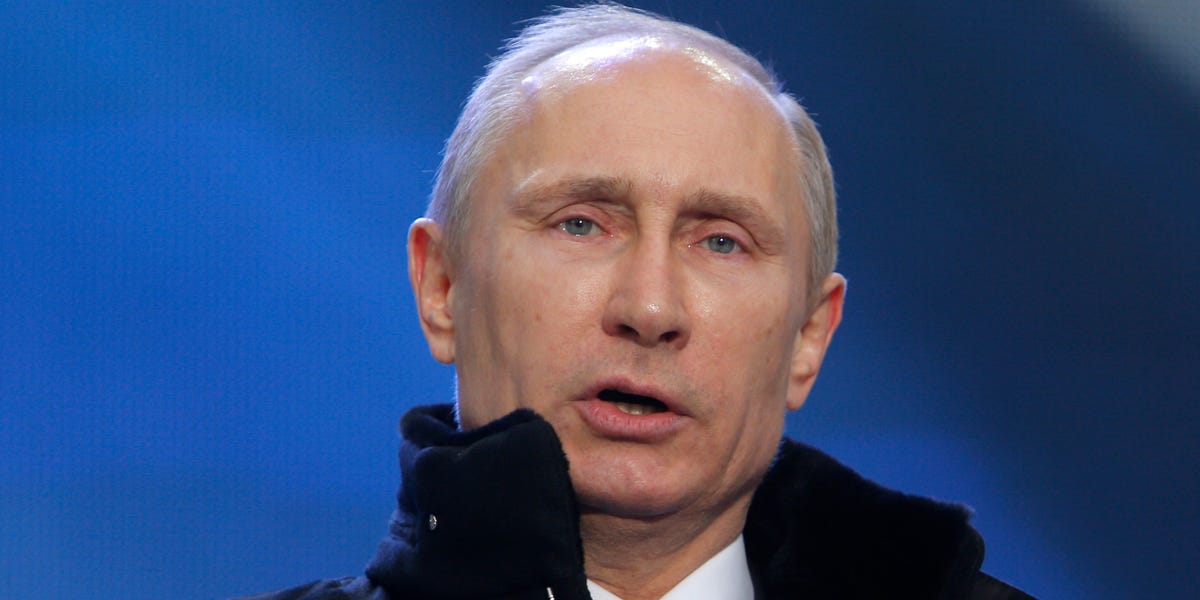- Russia sent 89% of its crude to Asia in the week leading up to December 9, according to Bloomberg.
- Europe’s sanctions have halted nearly all crude imports from Russia, and most of it is heading to China and India.
- Moscow has warned of retaliation against the bloc’s new sanctions and the price cap.
With the new embargo in place, European nations are importing dramatically fewer barrels of Russian oil while Asia is getting the lion’s share of the diverted crude flows.
European nations took in approximately half of Russia’s crude supplies before the war in Ukraine began, but that’s all but halted, with the exception of a small volume of imports to Bulgaria. Russia is diverting most of that crude to Asia, with 89% of all Russian shipments — about 3 million barrels a day — heading there in the week ending December 9, according to Bloomberg.
More than half of the crude loaded from Russian ports are heading for the Suez Canal on ships that aren’t marked with a final destination, and it remains unclear whether this oil has been sold yet, or if the tankers are being sent out on hopes they’ll secure a buyer before arrival.
China, India, and Turkey have seen a large uptick in Russian crude imports this year, and have emerged as the biggest buyers amid the latest EU sanctions. The volume of oil heading to those three nations, in addition to the oil marked with no final destination, climbed in the four weeks leading up to December 9 to average 2.73 million barrels a day. According to Bloomberg, that’s more than four times as high compared to the four weeks before the war in Ukraine began.
The European Union’s December 5 embargo on seaborne Russian crude has quickly impacted the flow of Russian oil, as it’s effectively eliminated one of Moscow’s largest, most reliant energy customers. It has taken effect in conjunction with a $60-a-barrel price cap on Russian crude, which Moscow has warned it would retaliate against.
President Vladimir Putin, for his part, called the price cap “stupid,” and said Russia is considering slashing its oil production in response. He also said that the price cap won’t have a financial impact on Moscow.




